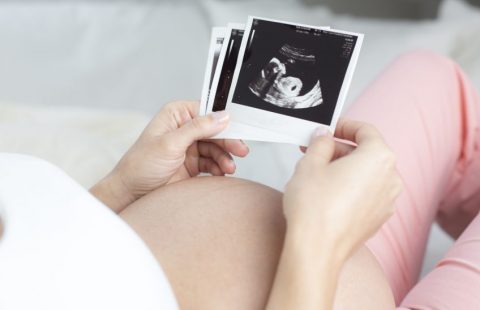
© Fotolia
Teams from AP-HP, INRA, Gustave Roussy and Inserm can demonstrate the role of microbiota in the response of immunotherapy for cancer. They show that in man, the composition of gut microbiota can help to identify the patients who will respond favourably or not to treatment for melanoma, with Ipilimumab. This clinical study, carried out in 26 patients, suggests that a modification of the composition of gut microbiota could improve the efficacy of treatment.
These results are published in the journal Annals of Oncology and constitute a new step towards personalised treatment of cancers.
Gut microbiota is composed of more than 100,000 billion bacteria and plays a key role in the development of the immune system. It represents a burgeoning research subject. French research teams are rallying to discover its function in illnesses in order to improve the efficacy of treatments.
In this study carried out in humans, Prof. Franck Carbonnel, Head of the Gastroenterology Unit at the AP-HP Bicêtre Hospital, Dr Patricia Lepage from INRA, Prof. Caroline Robert and Prof. Nathalie Chaput from Gustave Roussy have studied the gut microbiota of 26 patients with metastatic melanoma being treated with Ipilimumab monoclonal antibodies.
Ipilimumab is an antibody immunotherapy targeting CTLA-4 that activates the patient’s immune system to fight the disease. Treatment is effective in some patients, at the price of serious side effects such as enterocolitis which is similar to Crohn’s disease.
The teams have shown that the composition of gut microbiota can help to tell in advance the patients for whom treatment will be beneficial or not and those who will go on to develop enterocolitis. The patients with an intestinal flora enriched by Faecalibacterium and other Firmicutes (in particular Faecalibacterium prausnitzii, Gemmiger formicilis and other bacteria producing butyrate; profile A) have a better response to treatment than patients whose microbiota is rich in Bacteroides bacteria (profile B). Furthermore, profile A patients are more prone to enterocolitis than profile B patients.
These results confirm the role of microbiota in the response to cancer immunotherapies. They open the way to better identification of patients who could benefit from these treatments. Finally, they constitute a major step towards the manipulation of the composition of intestinal flora in order to improve the efficacy of immunotherapy. Research still needs to be carried out in order to limit the side effects brought on by the treatment.

